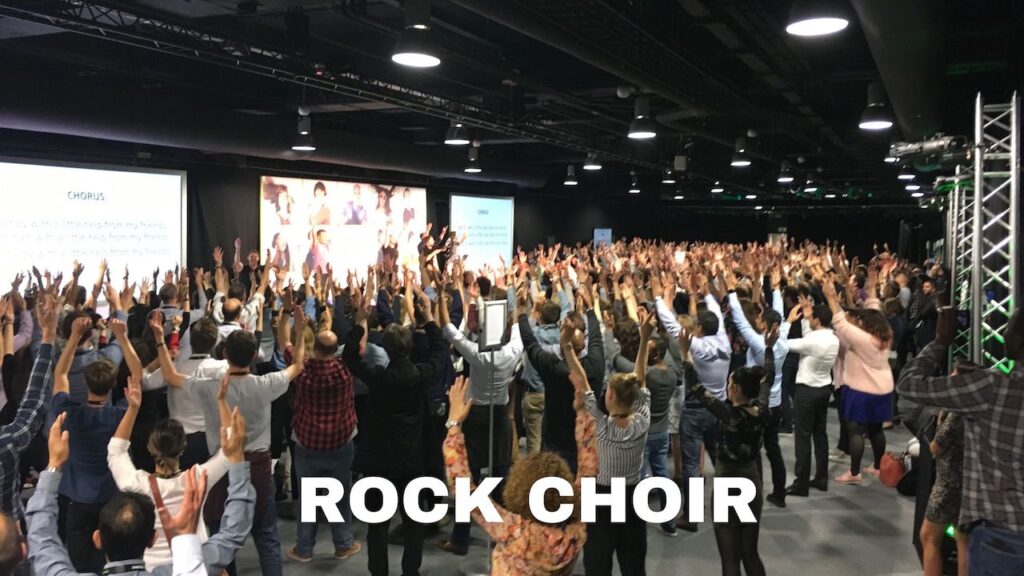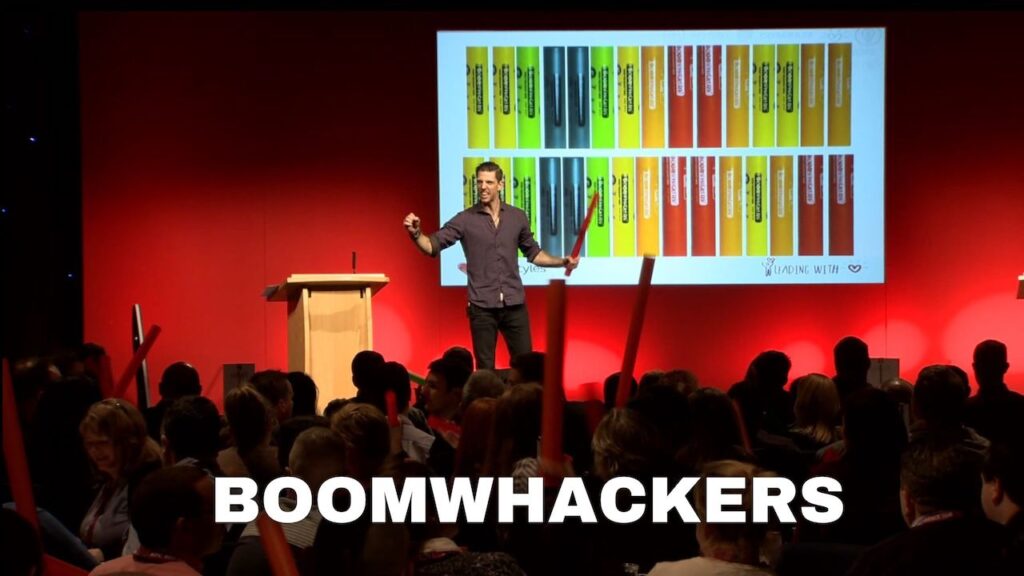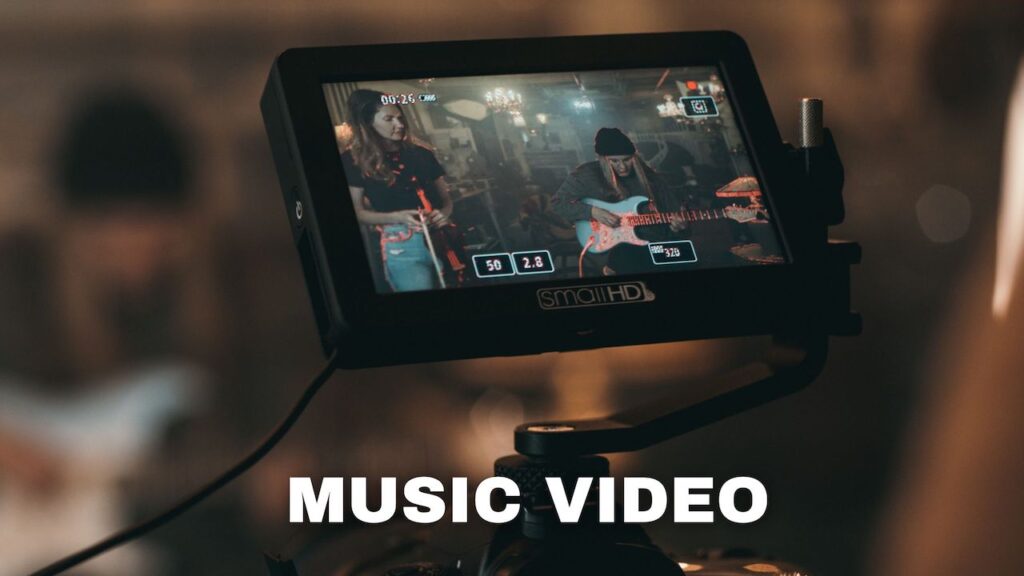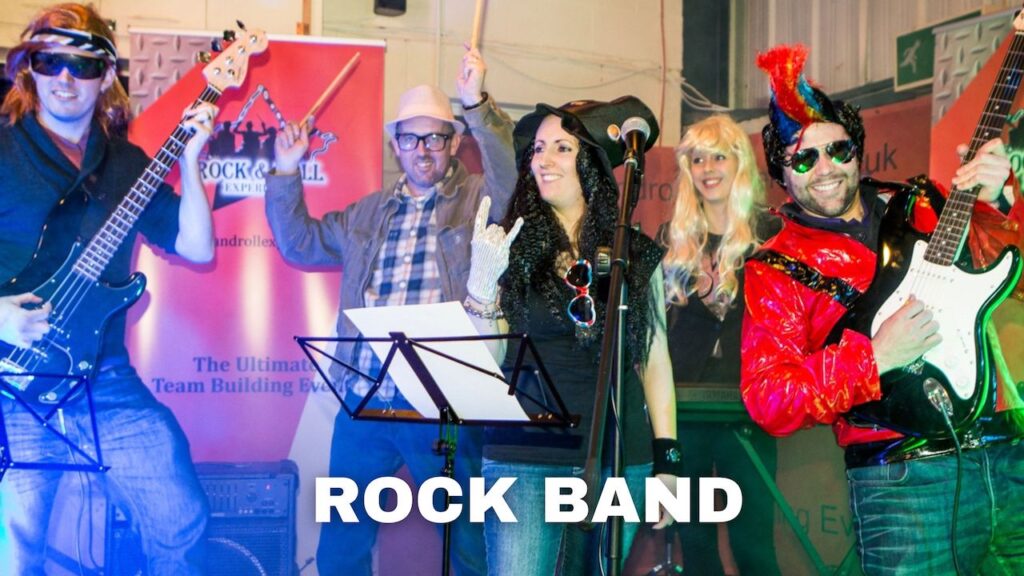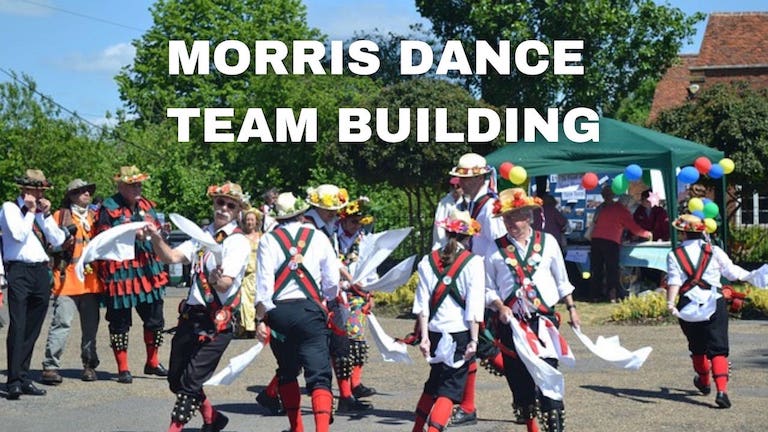
Step-by-Step Guide: 14 Key Points on How to Plan a Conference
To help you organise a successful conference, here’s a list of 14 important factors to consider during the planning phase:
Define Your Goals
Clearly outlining your objectives is a crucial first step in the planning process. Regardless of the size of your conference, you likely have specific aims related to audience impact, return on investment, and desired outcomes. Answering key questions about your target audience, the scope of the conference, and its long-term impacts on your business will provide clarity and direction for your planning efforts.
Build a Team
Planning a conference alone can be overwhelming. Since conferences involve numerous moving parts, it’s beneficial to assemble a team to handle various aspects. Designate team members to manage audio-visual needs, vendor relations, budgeting, and content creation. This collaborative approach will enable you to complete tasks more efficiently, especially for larger events with numerous attendees.
Choose a Theme
Developing a theme for your conference not only adds creativity but also guides your decisions on lighting, staging, content, and catering. A well-defined theme helps coordinate with suppliers and vendors, ensuring that all elements of the event are cohesive and aligned.
Create a Budget and Business Plan
An effective budget is vital for a successful conference. Allocate funds for each aspect to prevent overspending. Your budget should align with your business plan to minimise financial risks, particularly if you expect a large turnout.
Select an Appropriate Venue
Finding the right venue is crucial to your conference’s success. It should accommodate your audience size, meet accessibility requirements, and support your engagement objectives. Consider essential features like WiFi, charging stations, comfortable seating, and good acoustics when choosing a location.
Set a Date and Secure the Venue
After selecting a venue, choose a date that works for most attendees. If organising a corporate event, consider polling colleagues to find the most convenient option. Once finalised, provide the venue management with details about expected attendance and equipment needs.
Plan the Programme
A detailed programme is essential for a successful conference. Outline the schedule, including session topics, speakers, and timing. A well-structured programme helps ensure all necessary resources are available and prevents scheduling conflicts.
Promote the Conference
Effective promotion is key to attracting attendees. Use various marketing strategies, such as engaging advertisements, posters, and social media campaigns, to create buzz and encourage participation.
Create a Planning Checklist
A comprehensive checklist helps you stay organised and ensures you don’t overlook important tasks. Start this checklist early and check off items as you progress to track your planning milestones.
Prepare the Venue
In the days leading up to the conference, prepare the venue by arranging seating, briefing staff, and ensuring all technology is functioning. This preparation helps identify any issues beforehand, allowing for quick resolutions.
Keep Them Engaged (pssst….we think this is the most important one!)
The last thing you want is your delegates zoning out. Once they start to lose interest the engagement instantly drops and it’s hard to bring them back.
This lack of engagement results in significantly less information being retained and that can undermine the event in a big way.
One simple and effective way to avoid this is to include an energiser somewhere in the schedule. After all, a conference doesn’t have to be boring. It’s important to get people smiling and having fun.
An effective conference energiser or icebreaker will get the blood flowing, release endorphins, challenge your delegates, get them smiling and unite them in a common goal.
Our conference energisers do all of the above whilst also allowing them to create something unique in a big, shared experience.
We know the schedule can be tight but our sessions can last anywhere from 15 minutes to one hour in a large group setting. We can be up on stage and delivering the session in seconds and leave the room just as quickly so there is no interruption before or after.
These sessions can fit anywhere in the schedule but the three most common delivery times are:
1. Morning kick off to wake everyone up
2. After lunch to avoid the slump and engage people for the afternoon session.
3. End of the day to finish on a high and create a great talking point.
See some of our most popular conference energisers below.
Stick to the Schedule
While it may be tempting to add new elements or alter the agenda late in the planning process, try to avoid it unless absolutely necessary.
Collect Feedback
Gathering feedback from attendees is vital for improving future events. Consider using online forms to make it easy for participants to share their thoughts after the conference.
Maintain Contact Post-Event
The conference experience shouldn’t end when the doors close. If your goal includes building ongoing relationships, develop a strategy for staying in touch with attendees. Consider creating a mailing list to keep them informed about your business and future events.
By keeping these key points in mind on how to plan a conference, you’ll be well on your way to organising a memorable and impactful event.
See Some Of Our Favourite Conference Energisers Below
Click any image to see the event videos and details
Some of the companies that have experienced our corporate events

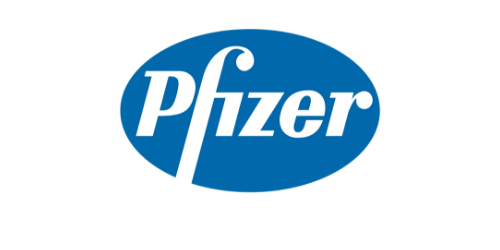
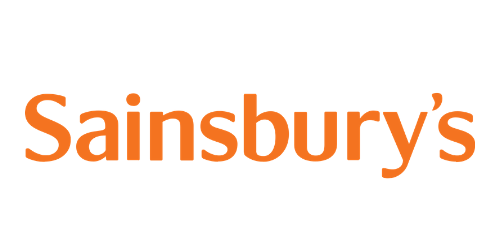


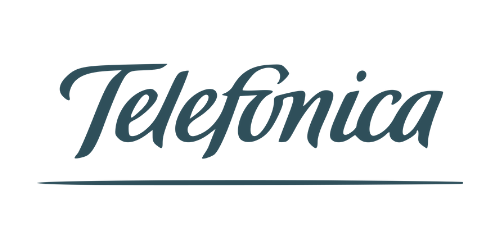
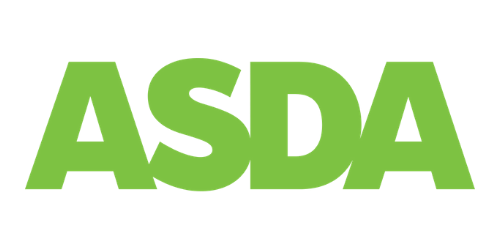

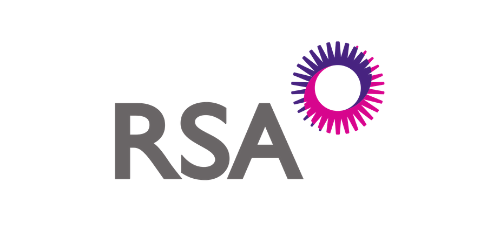
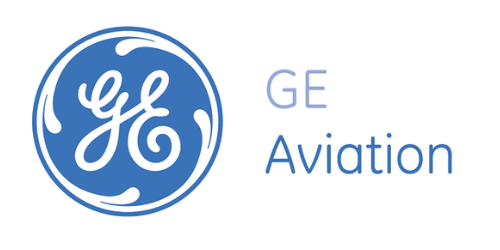


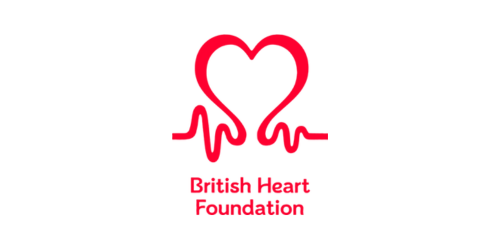

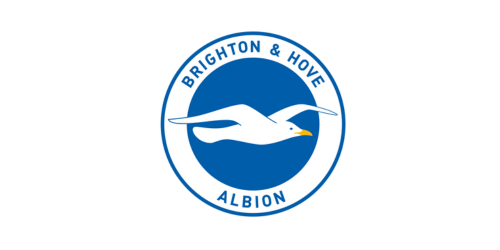
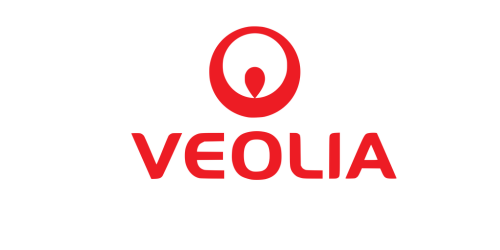

Book an amazing Conference Energiser in 3 simple steps
- STEP ONE: Send us a message below
- STEP TWO: We will send full details and costs for the most suitable conference energiser options
- STEP THREE: You pick your favourite conference energiser option and we take care of the rest
What we do and why we do it
Our raison d’être is to use the power of music to create team building, conference energiser and live performance experiences that leave every delegate smiling, full of positivity, and feeling a closer connection with their colleagues.
We don’t do cookie cutter team building events. We listen to you to learn what impact you want to have and then we create the perfect session to achieve it.
Tell Us About Your Event
What People Say About Our Events...
“It wasn’t just creating a choir, the energy and the way in which you engaged with the crowd was brilliant. Even on the toughest of days, you all managed to get most of them involved! I absolutely loved it every day! I only wish we had more than 45 mins!!”

Rebecca Nicholson - Retail Support Manager UK & Ireland -Tiffany & Co.
“The feedback has been overwhelmingly positive! Everyone loved it – I even overheard one person telling someone it was the single best team event they’ve ever done. So thank you so much to you and the team for making it a great afternoon.”

Louise Scanlon Telefonica
